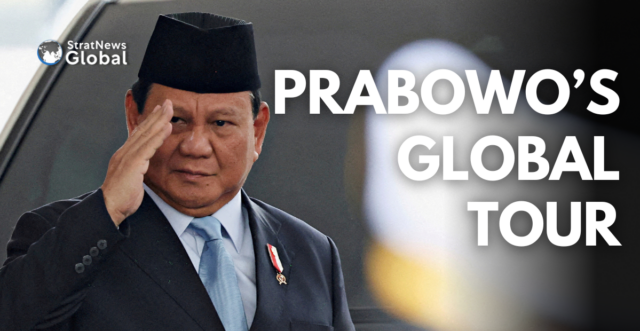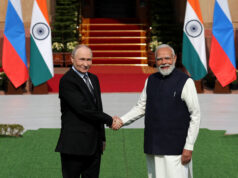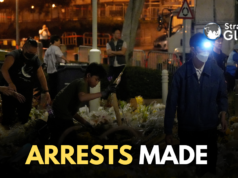Indonesia’s recently elected President Prabowo Subianto launched his first international trip on Friday, beginning with a visit to China before travelling to the United States, Britain, and South America for the APEC and G20 summits. Prabowo, who secured the presidency in February after multiple attempts, is aiming to establish Indonesia as an active player on the global stage.
Key Diplomatic Goals And Non-Aligned Foreign Policy
Prabowo’s office has highlighted the significance of this tour, with state secretariat minister Prasetyo Hadi noting that Prabowo’s focus is on strengthening ties with both China and the United States—Indonesia’s main trade partners. He is expected to explore potential collaborations in areas such as trade, energy, housing, and marine industries, all while upholding Indonesia’s traditional foreign policy of non-alignment.
Speaking to the press before departing, Prabowo underscored Indonesia’s influence in both bilateral and multilateral discussions, from economic matters to rising geopolitical tensions. “All parties are waiting to hear about Indonesia’s stance and role,” he stated.
Scheduled Stops And Key Meetings
The agenda for Prabowo’s visit to China is not fully disclosed, though he is expected to meet President Xi Jinping. In Washington, he will meet with President Joe Biden and may also engage with president-elect Donald Trump. Following these visits, Prabowo will meet with British Prime Minister Keir Starmer and potentially visit several Middle Eastern nations.
Prabowo’s itinerary also includes stops in Peru for the Asia-Pacific Economic Cooperation (APEC) summit and in Brazil for the Group of 20 (G20) summit. This extensive tour reflects his commitment to strengthening Indonesia’s global presence, particularly through its relationships with both eastern and western allies.
With this ambitious diplomatic schedule, Prabowo is signalling Indonesia’s readiness to engage with the world on a range of critical issues, while fostering partnerships that bolster Indonesia’s economy and strategic position in the region.
(With inputs from Reuters)
Research Associate at StratNewsGlobal, A keen observer of #China and Foreign Affairs. Writer, Weibo Trends, Analyst.
Twitter: @resham_sng





